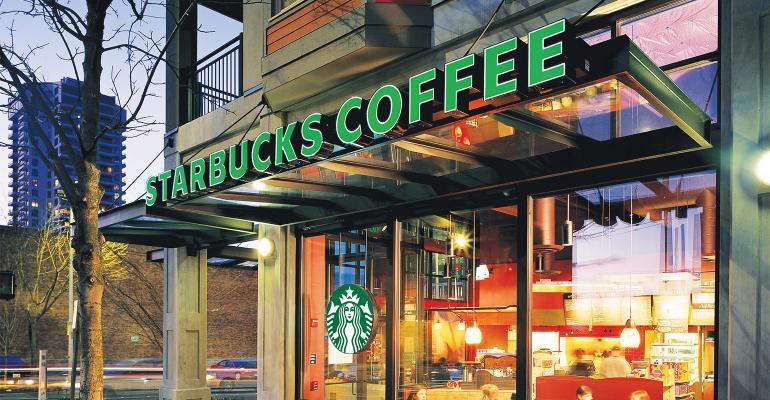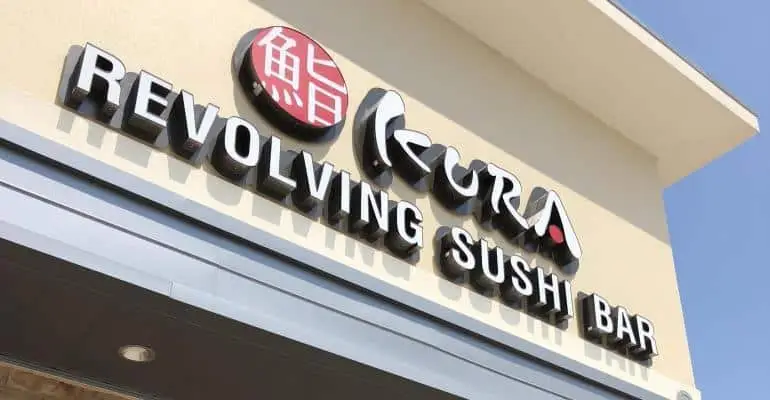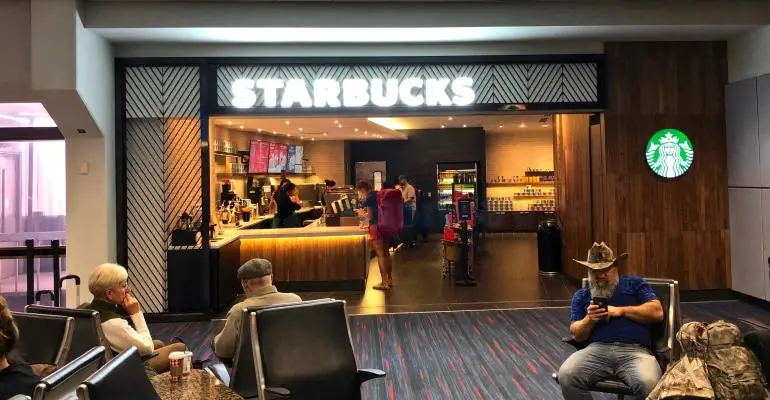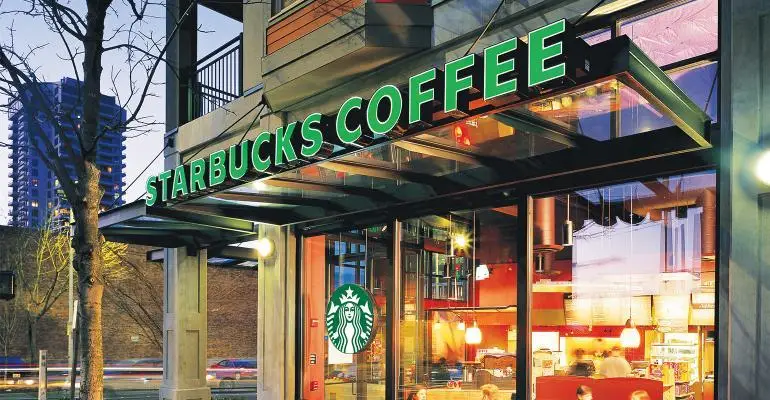Starbucks is asking the Supreme Court to reconsider a lower court decision on unions

Starbucks is appealing to the Supreme Court to attempt to reverse a previous lower court decision that had compelled the Seattle-based coffee chain to reinstate formerly terminated employees. Starbucks announced Wednesday in a press release that the company has filed a petition for a writ of certiorari to have the highest court in the land intervene on one of the union cases Starbucks has faced in recent years.
If the Supreme Court takes up the case, the court will be reviewing the case regarding the Poplar & Highland store in Memphis, Tennessee, known colloquially in the press as The Memphis Seven, a case that was decided last August by a U.S. District Court judge in Tennessee. Until now, courts on the lower levels have been split when it comes to similar legal cases between Starbucks and its union, Starbucks Workers United.
The company claims that the U.S. Court of Appeals “applied a relaxed standard” toward letting the National Labor Relations Board obtain a preliminary injunction and is asking that for this case and those moving forward, injunctions are subjected to a “consistent standard” of a “four standard test” before they are decided.
“We are taking this proactive step because we believe the NLRB should be held to a consistent standard, and the Sixth Circuit erred in affirming, or granting, an injunction in this case,” Starbucks said in its letter published on the Starbucks One website, which publishes the company’s perspective on unionization and legal cases against the union.
Starbucks claims that “preliminary injunctions are an extraordinary tool” and that the National Labor Relations Board’s usage of them has been significant, particularly in this case, in which employees were fired for violating safety and security policies.
“Those conditions were far from the case at our Memphis store, where some partners entered the store after it had been closed to the public, opened the safe after hours without authorization, brought third parties into the closed store and hosted media interviews behind the bar,” Starbucks said in the published letter. “Even the Board’s own Administrative Law Judge agreed that what occurred in our Memphis store constituted an ‘audacious intrusion.’”
In other Starbucks unionization news, a National Labor Relations Board judge ruled last week that Starbucks violated federal labor law by promising wage and benefits increases for employees that did not work at unionized stores, and allegedly threatening a loss of wages or benefits if workers did vote to unionize. To make up for this error, the judge recommended Starbucks offer the benefits and wages to previously excluded employees with backpay, and also post the decision in its stores. Starbucks plans to appeal this decision.
Although it might seem like many of these legal cases involving Starbucks and its unions pit employees and employer against one another, this week, a Starbucks store level employee filed a federal lawsuit against the National Labor Relations Board, after the NLRB declined her request to decertify the Starbucks store where she works in Buffalo, N.Y., as first reported by Reuters.
Ariana Cortes, who is represented by the National Right to Work Foundation claims that the NLRB’s structure is a violation of the U.S. Constitution because they cannot be easily removed from power, and claims that the President should have the ability to remove the board members from power. Cortes says that although her store has been unionized since 2021, the union is unpopular and many colleagues no longer want to be a part of it.
Original Article:
[H/T] RestaurantBusinessOnline.com









 Powered by
Powered by